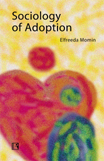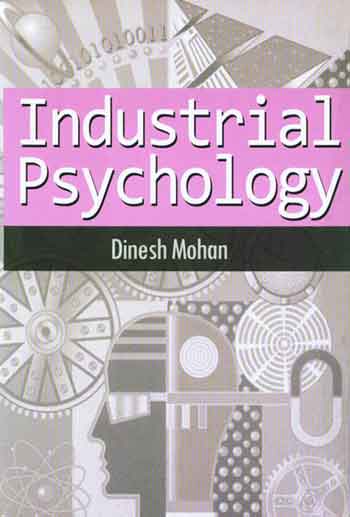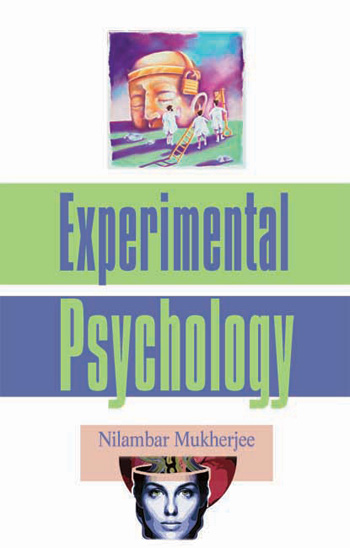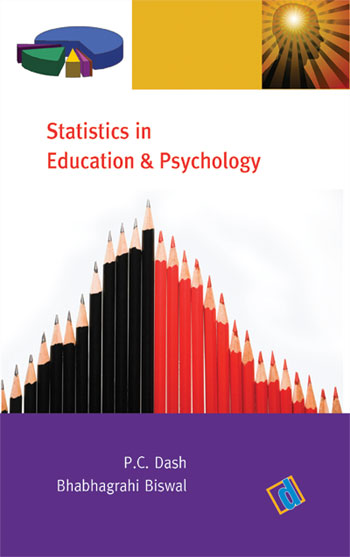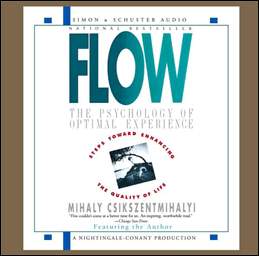Sociology Of Adoption
By Elfreeda Momin(Author)
Adoption connotes the establishment of a socially constructed and legally sanctified parent-child relationships between those who do not share this biologically. As a universal custom, adoption has existed across large parts of the world since ancient society times. However, cultural norms and practices related to it vary from society to society.Though there is a substantial and growing literature on adoption in Western countries, there is a virtual dearth of systematic, comprehensive and empirically-based studies on the subject in India. Much of the existing literature on adoption in the country remains sketchy and fragmentary. This book, which is the first full-length, empirical sociological study of adoption in India, fulfils this vacuum. It considers adoption as a processual and dynamic phenomenon and views the complexities, challenges and problems associated with it in a holistic perspective. Adoption is seen as a long-term, unfolding process, involving an enormous amount of emotional investment—including the complex issues of coping and adjustment—on the part of both adoptive parents and adoptee children. The study focuses on the social, familial and psychological problems and challenges faced by the adoptive parents before, during and after the decision to adopt a child, and on post-adoption services and counselling provided by adoption agencies and NGOs.It is hoped that this study will be useful to adoptive parents, adoption agencies, NGOs, social workers and counsellors.
